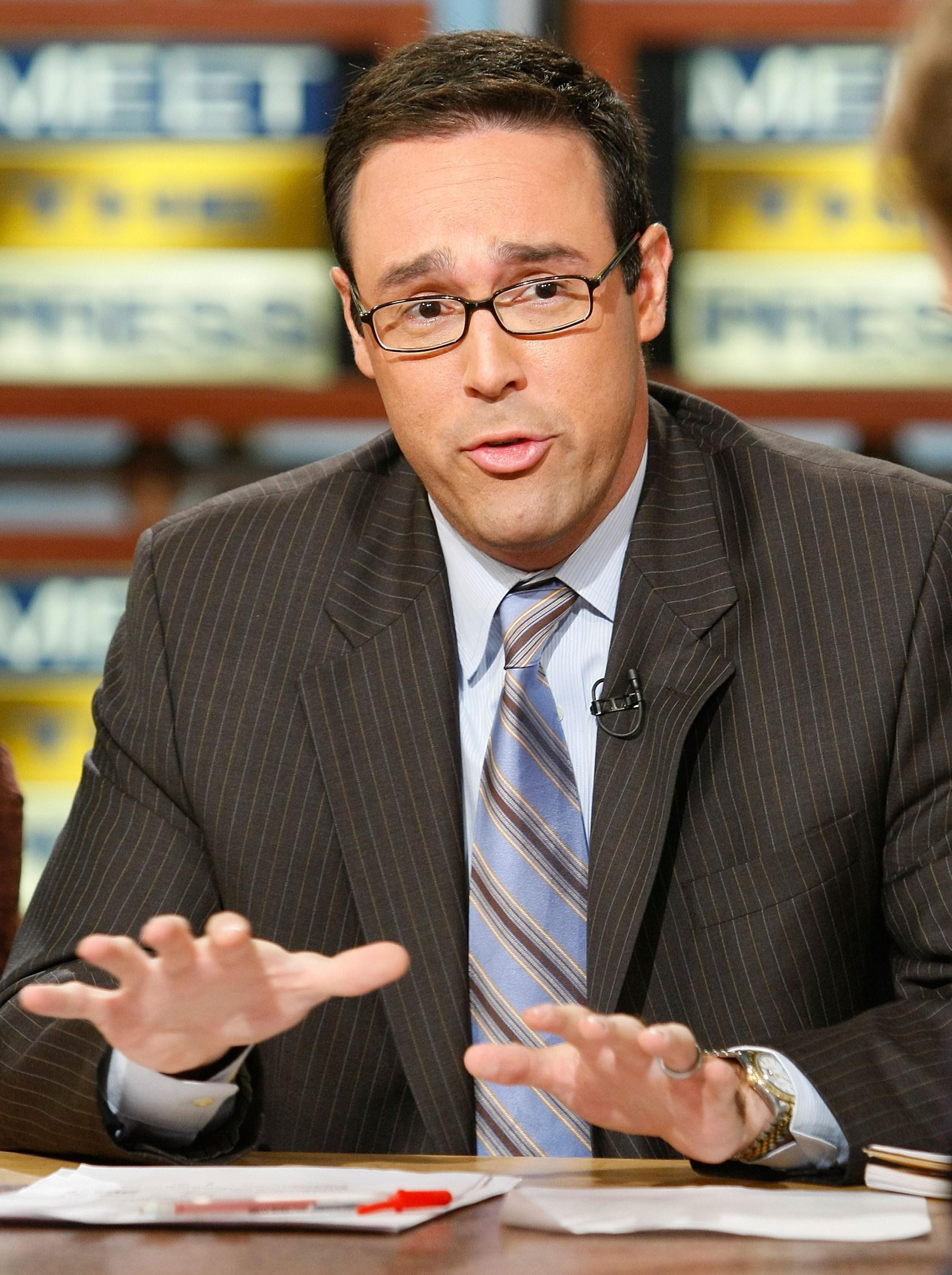The Internet is picking on WaPo columnist Chris Cillizza, founder and editor of the Fix and many-times-a-day pronouncer of what “will matter” in politics. His offense: defending a post he wrote about the political damage the CBO’s report might inflict on Democrats. Did he disagree with WaPo’s fact-checker, Glenn Kessler, who said the idea that Obamacare was “killing 2 million jobs” relied on a misunderstanding of labor supply and demand? He did not. But:
I can already hear people saying some version of this: “It’s your job in the media to INFORM people. To tell them what’s right and what’s wrong. To cut through the clutter.” Absolutely true. And that’s why I included the actual language from the CBO report in my initial post and why I think Glenn’s post is so valuable. But, I would say to those critics: You overestimate the media’s ability to (a) cut through the clutter or (b) change peoples’ minds about what’s true and what’s not. As I noted above, people, largely, believe what they want to believe.
I don’t even disagree with that. Here’s the problem: Journalists, in real time, are not the best arbiters of what people will come to believe months later. The fact that one party is spinning an incorrect story does not mean voters will buy that story.
How do we know? From some previous instances of the Fix pronouncing that some misinterpreted news item was going to badly wound the Democrats. On June 10, 2012, Cillizza confidently predicted that a gaffe you’ve probably forgotten about—President Obama saying that “the private sector’s doing fine” compared with the state of social programs—woud “be fodder in the general election.”
Republican presidential candidate Mitt Romney’s campaign already is out with a Web video featuring Obama’s private-sector comments juxtaposed against a series of dire testimonials from people about their economic struggles. “No, Mr. President, we are not ‘doing fine,’ ” reads the text on screen at the close of the video. And you can be sure that the Romney campaign isn’t finished making political hay from Obama’s gaffe.
In July of that year, Cillizza’s fellow Fix writer Aaron Blake explained why Obama’s exhortation that “if you’ve got a small business, you didn’t build that“—that, meaning the American system of regulation and infrastrucure—would be a problem.
The problem with Obama’s latest exhortation that “you didn’t build that” is not that it’s not true. The context of the remark makes it pretty clear that he’s referring to government-funded things like teachers and roads that make entrepreneurship possible. But for Obama, his problem is a matter of emphasis.
Blake acknowledged that Obama didn’t mean what Romney and Republicans said he meant, but suggested that “if Republicans play their cards right, they’ve got a quote to hang over Obama’s head.” Anyone who watched the subsequent GOP convention saw them hang that quote from every nail in the building. Did it matter? No. Mitt Romney did not win the election.
This is not to pick on the Fix’s record of predictions. Cillizza said that the Keystone XL delay of 2012 “probably wouldn’t matter” to Barack Obama’s re-election, and that QE3 wouldn’t affect the race. True, true! But in both cases, one key reason given by Cillizza was that these topics were complicated. Keystone was “simply not an issue that has broken through with the average person,” and “most people have no idea what the Fed does.”
That’s similar to what Cillizza wrote about the CBO report. “The Republican ad on this CBO report writes itself: Job losses, botched rollout, etc,” he explained. “The Democratic one is WAY more complicated as it relies on explaining the idea that a decline in the labor market isn’t the same thing as job losses and that all of this could well wind up being a good thing for the public.”
Sure, it’s more complicated, but the journalist—any journalist—is better equipped to find the truth than he is to explain how someone might lie about it, and how the lie might work. And a case like this, why would any new Republican attack on Obamacare matter than the 8,328 or so they’ve got in the can already? We know the GOP’s going to run tens of millions of dollars telling voters why they should hate Obamacare, using whatever information’s available. If in November, voters don’t remain angry about this interpretation of a CBO report—if 2 million of them have not been fired—conservatives might, for the third election running, say the law’s bad because it “cuts Medicare.”
Now, if we’re talking or reporting on what Republicans are saying at this moment, true: They’re talking about the CBO report. What will we be reporting on a few months from now? What’ll the attack be? We don’t know. It’s boring to pretend we know, and much more fun to figure out then explain what the actual policy is.
